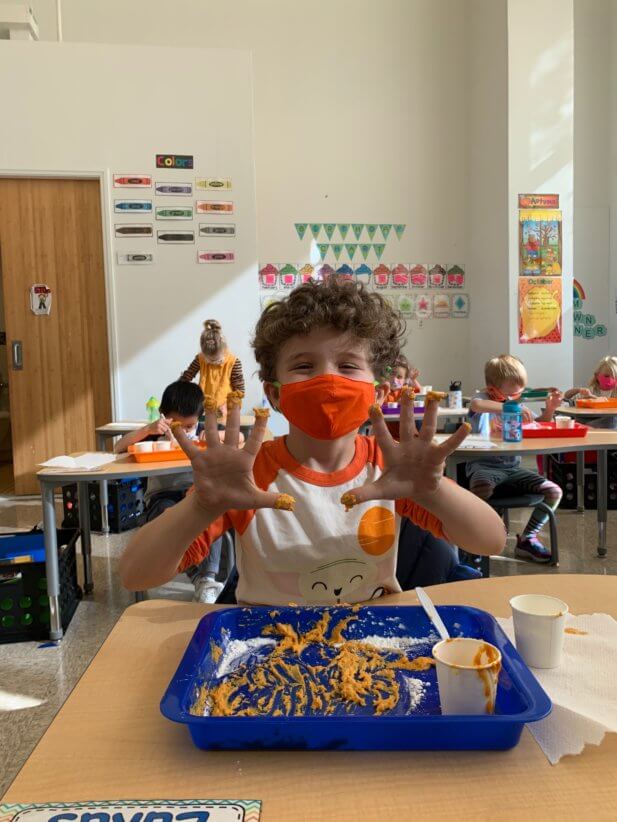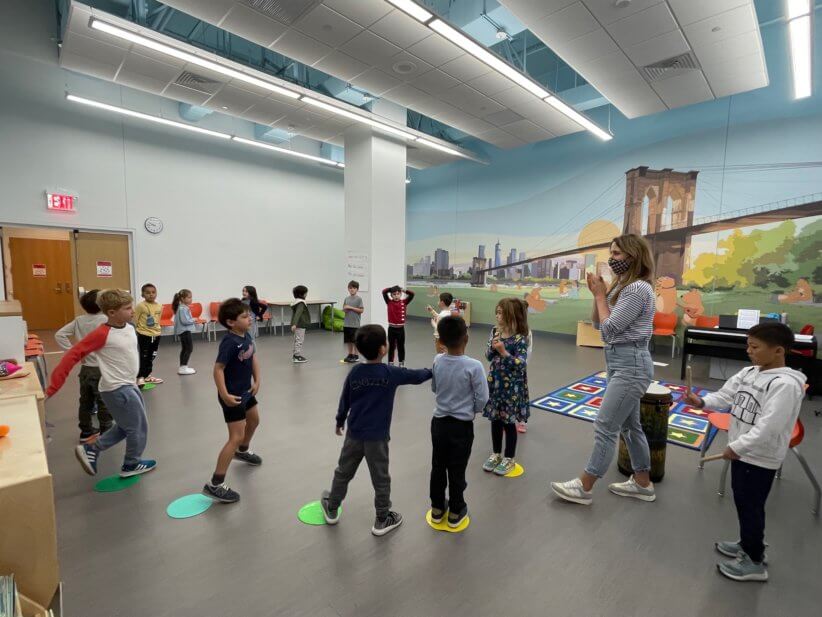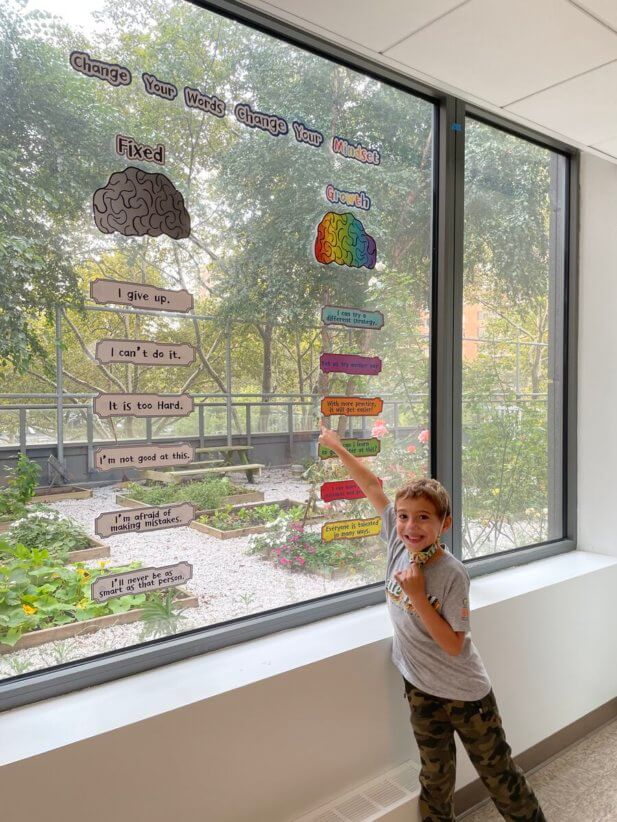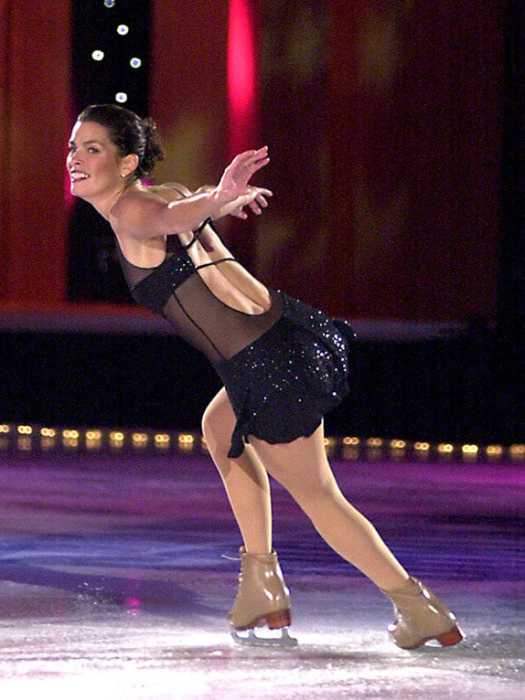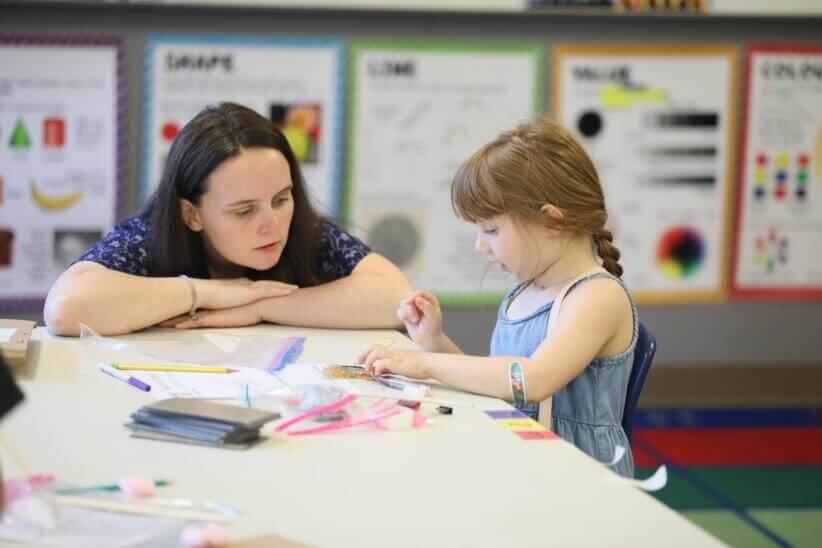
Creating a Passionate Community of Advanced Learners from Day One at BASIS Independent Schools
The early years of a child’s academic journey sets the stage for how they will grow as both learners and humans. By upholding both a dedication to education and responsibility to the world, BASIS Independent Schools provides an opportunity for students to reach their fullest potential—inside and outside the classroom.
The acclaimed BASIS Curriculum is known for blending best practices from top education systems worldwide and raising student learning to the highest international levels. In doing so, students in PreK–12 are placed at the center of a passionate, diverse learning community committed to advanced academic inquiry.
It’s a winning formula with proven results: campuses across the BASIS Independent Schools network, including in NYC, have continued to score top rankings by Niche, the leader in K–12 school rankings. BASIS Independent Brooklyn was named the top College Prep Private High School in Brooklyn, ranking high on the lists for the Best College Prep High Schools and Best Private K–12 Schools in New York as well. As BASIS Independent Manhattan continues to build out their High School Program, the network is excited to see them bring the same level of excellence in the future.
In addition to achieving top academic accolades, BASIS Independent Schools also fosters a vibrant community of support and inclusion. And it all starts in the Early Years:
Hands-on, Advanced Learning is Foundational
From the outset, the Early Learning Program (PreK and Kindergarten) engages students in a variety of academic and creative disciplines, including engineering/STEM, literacy, Mandarin, music, art, drama, and World Discovery. A balance of core subjects and specials work in tandem to develop early literacy, numeracy, and phonological awareness. Through intentional academic opportunities and play, young minds learn to work through solutions and even apply their knowledge in order to problem solve.
According to Ms. Amy, Math and Science Subject Expert Teacher (SET) at BASIS Independent Manhattan, play-based learning plays a big role in the early years. “In math, we use different manipulatives throughout our lesson to help students learn in a hands-on and fun way. For example, if we’re learning about money, students use fake bills and coins to learn to count. They always have more fun when using manipulatives—plus, it reinforces whatever we’re teaching.”
This sort of interactive learning creates an environment that empowers students’ natural curiosity as early as possible. Ms. Delaney, Engineering SET at BASIS Independent Manhattan, explains that sensory exploration is also a critical component of learning in these years.
She says, “Our STEM class encourages discovery through creative and open-ended lessons. A very seasonal example is our class creating homemade pumpkin play-doh. Students build their fine motor skills as they squish, mix, and investigate the textures of various ingredients with their hands. The sensory information they gather during these hands-on activities lays the foundation for use of The Scientific Method down the road in science and engineering classes.”
Social-Emotional Learning is a Priority
Beyond academics, BASIS Independent Schools stresses the importance of social-emotional growth and development. The curriculum is designed to encourage students to hone executive functioning, self-help, and social-skills as they learn new content.
“I previously worked in a school that promoted an advanced curriculum and the focus was solely on rigor, with little attention to the children’s social and emotional development,” says Ms. Rivera, PreK Early Education Teacher at BASIS Independent Brooklyn. “Here, the school does an excellent job of integrating a strong social-emotional curriculum while challenging our students to achieve academic excellence. In PreK–and up through grade 4–we use ‘Second Step.’ It is an engaging program that teaches skills of self-regulation, emotion management, and problem solving, which allows my kiddos to reach their highest potential in the classroom and beyond.”
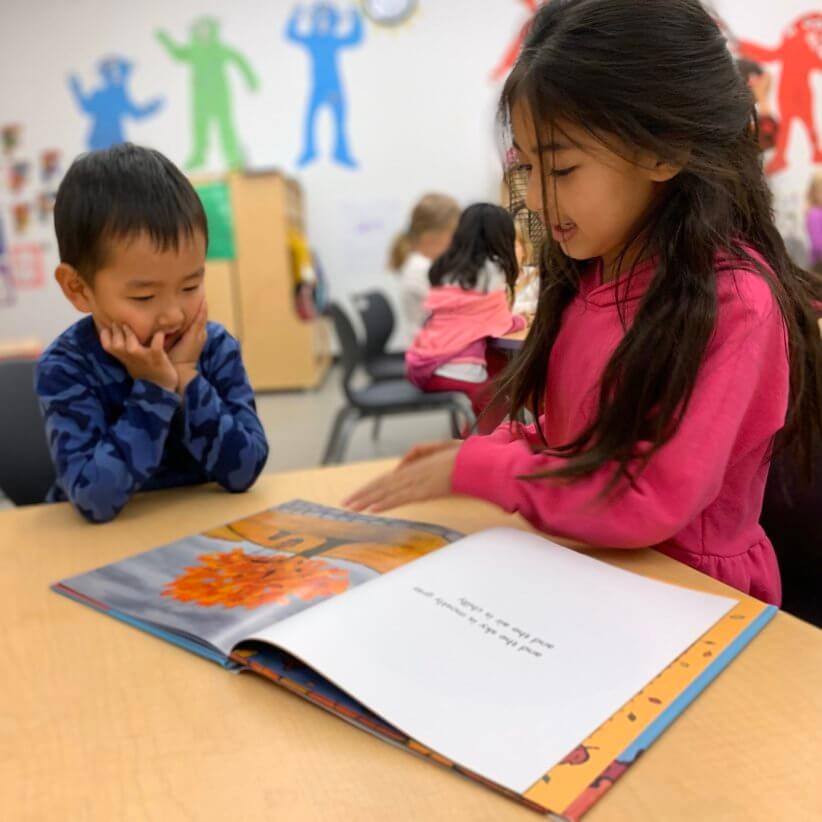
In building the tools to advocate for themselves and to understand their own feelings and emotions, students are better equipped to solve the problems they may come across during the day. As students learn to work with themselves and with their peers, they feel safe to practice their autonomy, inquisitiveness, and boldness in real time.
An Emphasis on the Arts
BASIS Independent Schools believes it is never too early to explore diverse themes of historical and contemporary significance through the arts—from fun activities that stimulate creativity and self-expression to lessons dedicated to students’ unique cultures.
“The arts are central to our students’ learning experiences,” says Ms. MacCoille, Music SET at BASIS Independent Brooklyn. “By integrating the arts within the broader curriculum, students learn vital skills in the various arts subjects they study at school while simultaneously making connections between the arts and math, science, the humanities, Mandarin, and social studies. Most visibly we see this in the various celebrations and performances we have throughout the year, but it is also heavily embedded in our day-to-day learning.”
Incorporating the arts with history is also particularly impactful for their young learners. For example, in Ms. Tietjen’s humanities course at BASIS Independent Brooklyn, a strong foundation in the arts facilitates learning about different perspectives through various cultures’ histories, stories, values, and traditions. “Through my Humanities course, we read texts written by authors of color, featuring characters of color from a multitude of cultures. When teaching Social Studies, I ensure that the perspectives of others and the voices of groups who are not often discussed through history are heard. My students have become staunch activists, using their voice to make change and to stand up for one another as well as others they don’t know.”
Well-Rounded Support on All Sides
From multiple expert teachers in the classroom to a robust Student Affairs Team, students get end-to-end support at BASIS Independent Schools. Their unique two-teacher model designates two teachers in the Early Learning classrooms at all times: while one teacher remains with a class of students all day throughout the year, different specialist teachers join during the day to focus on specific subjects
Outside of the classroom, the schools’ Student Affairs Team provides intentional, creative, and meaningful support to students individually, in small groups, and with full classes. Further, the School Counselor works with small groups or individual students who may need support with their feelings, with relationships at school or at home, conflict resolution, academic stress, and much more.
According to Ms. Le, School Counselor at BASIS Independent Manhattan, “The Student Affairs Team works together to create classroom lessons once a month on a variety of topics, such as friendship, growth mindset, perspective taking, empathy, and appreciating different cultures and identity. This team was also fundamental in the implementation of BASIS Independent Manhattan’s new social-emotional curriculum PurposeFull People for students in PreK–grade 5. PurposeFull People inspires young people to understand, care about, and practice the character strengths that will enable them to flourish in school, in their future workplace, and as citizens.”
Experience BASIS Independent Schools
BASIS Independent Schools has campuses in both Manhattan and Brooklyn with complete PreK–12 programs, and is currently accepting applications. You can explore the Early Learning Program at upcoming admissions events, including Open Houses, Info Sessions, and tours. Visit our website to learn more.

